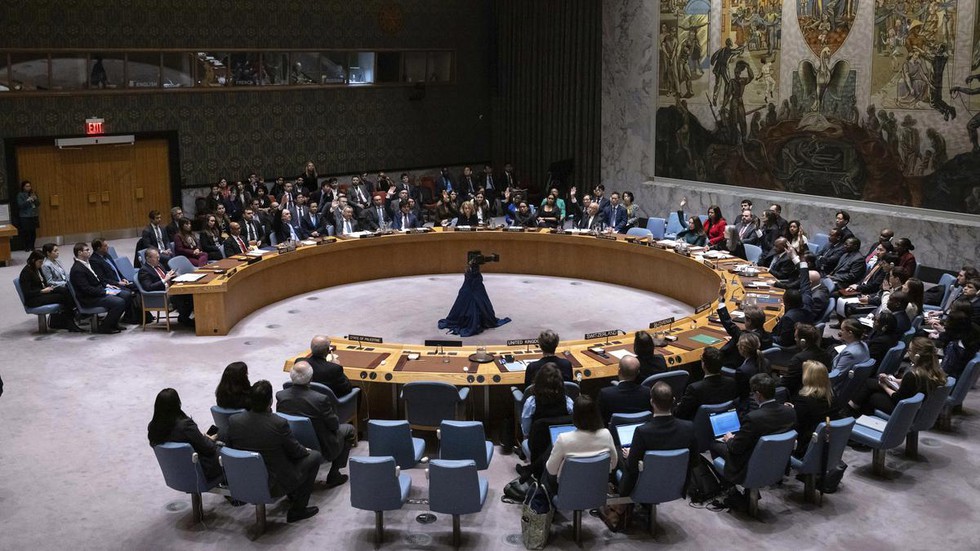In a recent development, the United States exercised its veto power to block a resolution supporting Palestine’s bid for full membership in the United Nations. This action has reignited tensions surrounding the Israeli-Palestinian conflict and raised questions about the prospects for peace in the region.
U.S. Veto and Rationale
The U.S., a staunch ally of Israel, justified its veto by emphasizing the importance of direct negotiations between Israel and Palestine as the primary means of resolving the conflict. This stance reflects the traditional U.S. approach, which prioritizes bilateral negotiations over international intervention.
Palestinian Response
Palestinian officials and their supporters swiftly condemned the U.S. veto, viewing it as a setback to their pursuit of international recognition and self-determination. They argue that the veto undermines their efforts to achieve a just and lasting solution to the conflict.
Geopolitical Dynamics
The veto underscores the complex geopolitical dynamics within the United Nations, where the Israeli-Palestinian issue remains deeply divisive. While some member states support Palestine’s statehood aspirations, others prioritize their strategic alliances and interests in the region.
Multilateral Diplomacy Challenges
The failure of the resolution to gain unanimous support highlights the ongoing challenges of addressing the conflict through multilateral diplomacy. With the U.S. siding with Israel, prospects for progress towards a two-state solution appear bleak, perpetuating the cycle of conflict and uncertainty.
Multiple Choice Questions (MCQs) with Answers:
- What recent action did the United States take regarding Palestine’s UN membership?
- A) It endorsed Palestine’s bid for full membership.
- B) It vetoed a resolution supporting Palestine’s UN membership.
- C) It abstained from voting on Palestine’s UN membership.
- D) It proposed a compromise resolution on Palestine’s UN membership.
- Answer: B) It vetoed a resolution supporting Palestine’s UN membership.
- Why did the United States justify its veto?
- A) To promote multilateral negotiations.
- B) To support Palestine’s statehood aspirations.
- C) To emphasize direct negotiations between Israel and Palestine.
- D) To advocate for international intervention.
- Answer: C) To emphasize direct negotiations between Israel and Palestine.
- How did Palestinian officials respond to the U.S. veto?
- A) They praised the U.S. for its decision.
- B) They viewed it as a setback to their quest for international recognition.
- C) They supported the U.S.’s stance on bilateral negotiations.
- D) They remained neutral on the issue.
- Answer: B) They viewed it as a setback to their quest for international recognition.
- What does the veto highlight about the geopolitical dynamics within the United Nations?
- A) The unanimous support for Palestine’s statehood aspirations.
- B) The absence of alliances between member states.
- C) The prioritization of strategic interests over solidarity with Palestine.
- D) The dominance of multilateral diplomacy in resolving conflicts.
- Answer: C) The prioritization of strategic interests over solidarity with Palestine.
